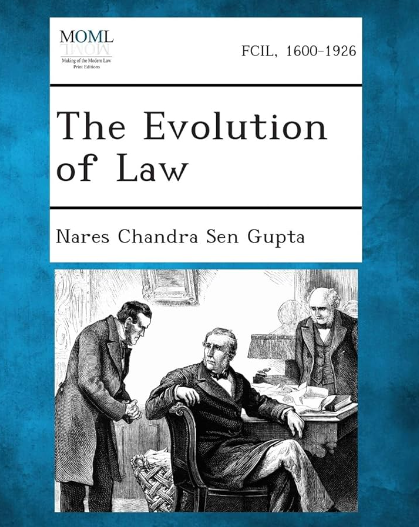The history of law is a captivating odyssey that has shaped civilizations for millennia. From ancient codes etched in stone to the complex legal systems of today, this article explores the rich tapestry of legal evolution. Examining the birth of laws, the growth of legal systems, and their transformative impact on society, we delve into the profound journey of human governance.
Early Beginnings: The Dawn of Legal Thought
In the cradle of civilization, ancient Mesopotamia, the roots of legal principles began to sprout. Here, around 2100 BCE, the Code of Ur-Nammu set an early precedent. Subsequently, the famous Code of Hammurabi, circa 1754 BCE, established a comprehensive set of laws, emphasizing retribution as punishment.
Greece and Rome: The Foundations of Western Law
As the world turned, Greece and Rome left indelible marks on legal history. Meanwhile, the Greeks laid the groundwork for democratic governance and the idea of codified laws. Solon, a statesman from Athens, is renowned for his legal reforms in the 6th century BCE. On the other hand, the Romans developed the Twelve Tables, a milestone in legal history. In addition, they created a vast body of law known as the Corpus Juris Civilis, which would greatly influence European legal systems for centuries.
The Middle Ages: Feudalism and the Emergence of Common Law
With the fall of the Roman Empire, Europe entered the turbulent era of the Middle Ages. During this time, feudalism dominated, and local lords wielded significant legal authority. Meanwhile, the emergence of common law in England marked a pivotal moment. Judges’ decisions and precedents shaped the legal landscape, moving away from arbitrary feudal rulings.

The Renaissance: Rediscovering Roman Law
The Renaissance brought with it a rekindled interest in classical knowledge, including Roman law. Simultaneously, universities began teaching Roman law, and legal scholars pored over ancient texts. This revival of Roman legal principles significantly influenced the development of modern legal systems.
Enlightenment: The Birth of Modern Legal Philosophy
The Enlightenment of the 17th and 18th centuries heralded a shift in legal thought. Moreover, thinkers like John Locke and Jean-Jacques Rousseau expounded on natural rights and social contracts. These ideas laid the philosophical groundwork for modern legal systems, emphasizing individual liberties and government accountability.
The Birth of Nations: Codification and Modern Legal Systems
As nations formed in the wake of revolutions, legal systems underwent profound changes. In contrast, the Napoleonic Code, enacted in 1804, represented a departure from common law traditions. This civil code influenced legal systems in Europe and beyond. Concurrently, the United States adopted a federal system with a constitution as its supreme law, offering a different approach to governance.
The 20th Century: Globalization and International Law
The 20th century witnessed an era of unprecedented global connectivity. Furthermore, international law gained prominence, addressing issues that transcended national boundaries. The establishment of organizations like the United Nations in 1945 aimed to maintain peace and resolve conflicts through diplomatic and legal means.
Contemporary Legal Landscape: Diversity and Specialization
In the 21st century, legal systems have become increasingly specialized and diverse. On the one hand, fields like environmental law and intellectual property have grown in importance. On the other hand, international law continues to evolve to address complex global challenges such as climate change and cybersecurity.
Conclusion
The history of law is a testament to humanity’s ceaseless quest for order, justice, and fairness. In conclusion, from the earliest codes etched in stone to the complex legal frameworks of today, the evolution of law mirrors the evolution of societies themselves. In summary, as we navigate the intricate web of modern legal systems, we are reminded that the past is not a static relic but a dynamic force shaping the future.
You May Find This Information Useful:
Why Are Laws Important in Every Epoch
Unveiling the Cornerstones of Legal Principles

